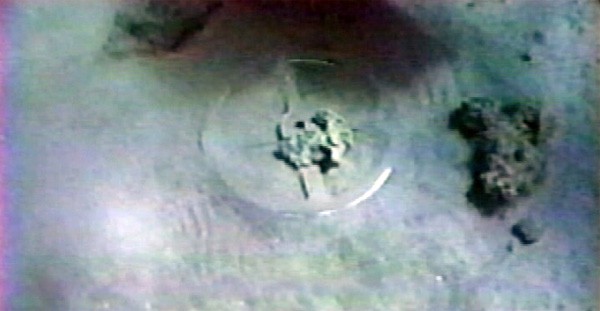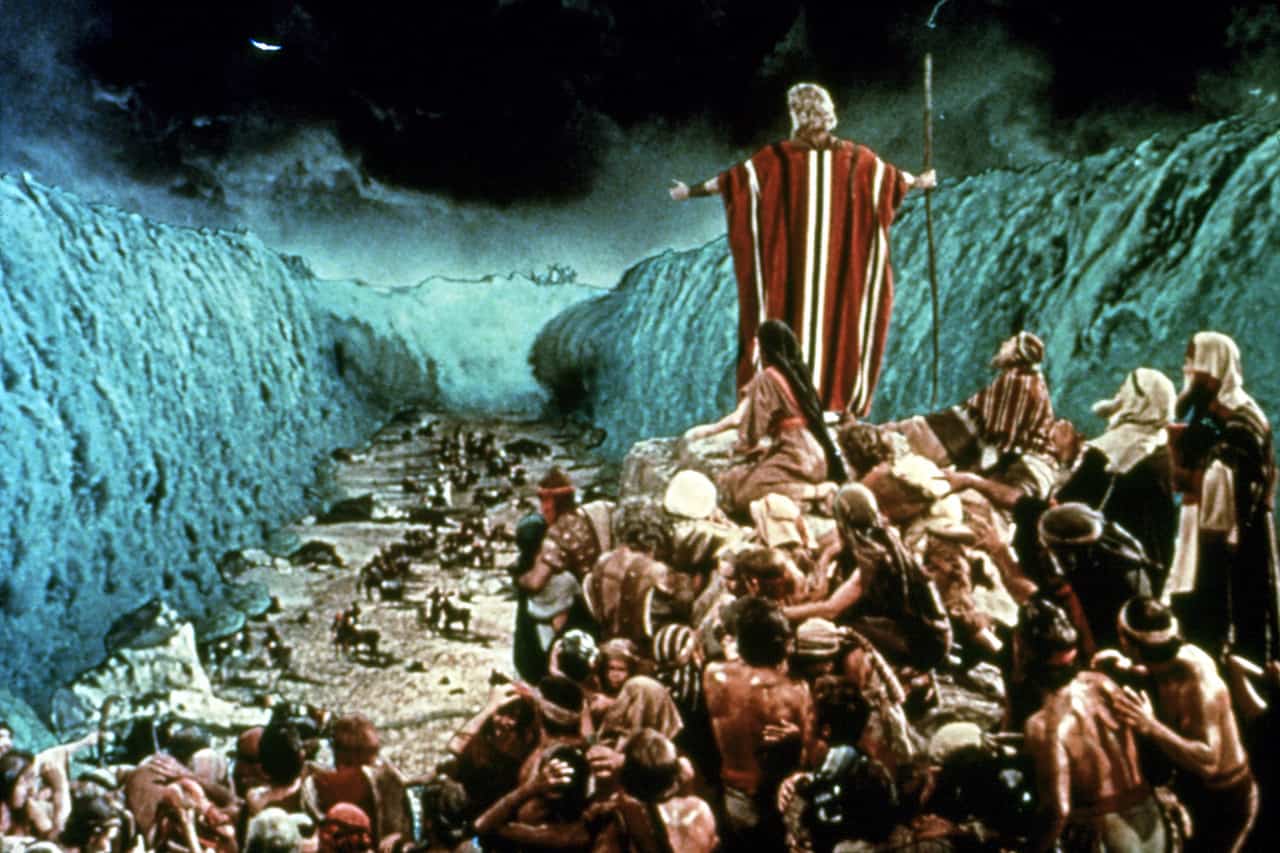Everyone knows the Biblical story of how, in 1250 BC, Moses helped the Israelites escape the Egyptian Army by parting the Red Sea. And amazingly, due to “mounting evidence”, many academics think this astonishing event may have really happened.
In 2001 Swedish scientist Dr Lennart Moller, with a team of researchers and US TV crew, retraced Moses’ footsteps and explored the bottom of the Red Sea, discovering dozens of Egyptian relics.

Their work followed archaeologist Dr Ron Wyatt’s work, who in 1978 claimed to have photographed golden chariots and fossilized human and horse bones on the sea bed, suggesting that the Red Sea really did crash down on the Egyptian Army after the Israelites had passed through safely.
Although many academics now believe the Red Sea was parted, they’re divided as to exactly how it happened.
While some may believe Moses used the power of God to lead the Israelies to safety, some say it could be something as simple as a rare weather phenomenon.

Carl Drews wrote in the Public Library of Sciences journal that the story possibly came from an incorrect translation.
He believes that incredibly strong winds separated the water of a nearby lake in the ancient city of Tanis, creating a dangerous but dry path around 4km long that people would have been able to walk along.
He attributes this to a “wind setdown”, which occurs when winds stronger than 60mph push against a body of water and literally separate it. If these winds died down once the Israelites had passed, it would indeed drown the Egyptians as the water returned to normal.
Due to widely held religious beliefs of the time and poor scientific knowledge, people would undoubtedly have credited the phenomenon to God.

You can watch the video discussing Dr Wyatt and Dr Moller’s expeditions and findings below.
https://www.youtube.com/watch?v=Iyev1JSRlxQ
Whatever the truth may be, you can’t deny the history — and the story itself — are fascinating.

